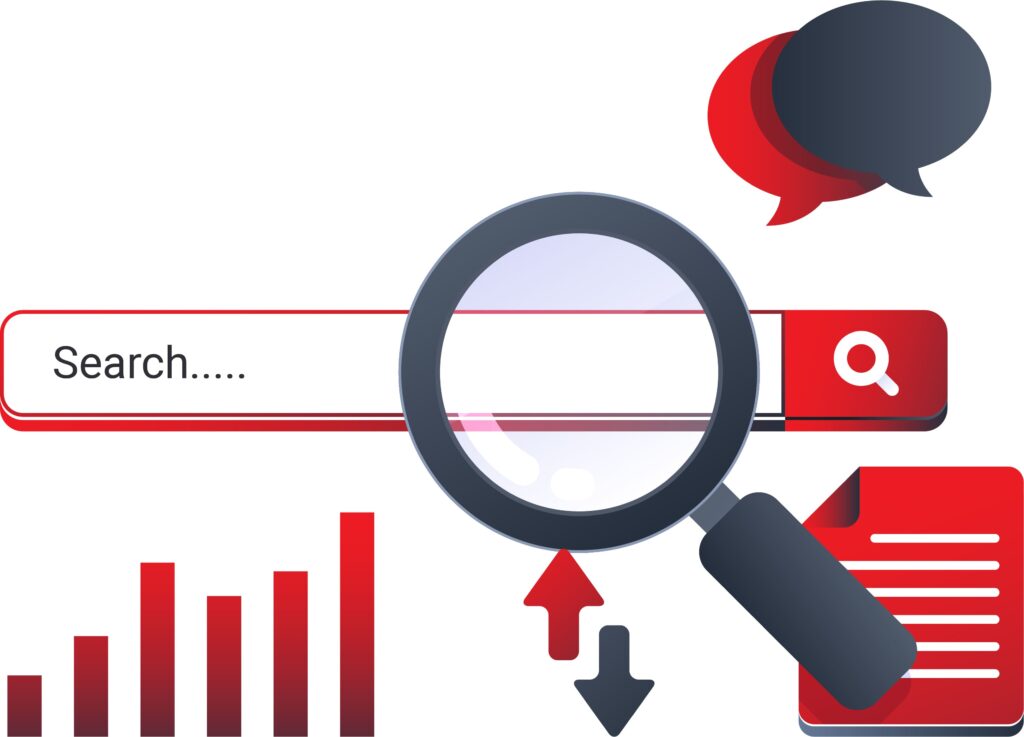Reputation management refers to the process of influencing and controlling how others perceive an individual, business, organization, or brand.
Reputation management involves monitoring and addressing comments, feedback, and reviews that are posted online or offline. The ultimate goal of reputation management is to maintain or improve the reputation of the entity being managed.
How To Build The Brand Reputation?

Reputation management is a critical aspect of modern business and personal branding.
With the rise of social media and online review platforms, it has become easier than ever for individuals and businesses to damage their reputations. Therefore, it is crucial to monitor and manage one’s online presence carefully.
It is essential to approach reputation management proactively rather than reactively. By taking proactive steps to manage one’s reputation, individuals and businesses can minimize the damage caused by negative reviews, comments, or news stories.
This can help to maintain trust and credibility with customers, investors, and other stakeholders.
What Are The Aspects Of Reputation Management?
Reputation management involves several aspects, including reputation monitoring, online review management, social media management, search engine optimization, content marketing, crisis management, and branding.
By paying attention to these areas, individuals and businesses can maintain or improve their reputations and establish themselves as trusted and respected entities in their respective industries.
A single negative review or comment on a website or social media platform can tarnish the reputation of a business or individual. Therefore, it is critical to manage one’s online reputation to maintain a positive image.
The following are some of the aspects of reputation management:
Reputation Monitoring:
Reputation monitoring refers to the process of monitoring what people are saying about a business, brand, or individual. Reputation management monitoring can be done manually, or it can be automated using online tools or services.
Some of the tools used for reputation monitoring include Google Alerts, Mention, Hootsuite, and Social Mention. These tools monitor social media platforms, forums, blogs, and news outlets for mentions of a brand or individual.
Online Review Management:
Online reviews are critical to the reputation of a business. Therefore, it is essential to manage them carefully.
Online review management involves calculating and responding to reviews posted on websites such as Yelp, Google My Business, TripAdvisor, and Amazon.
It is crucial to respond to both positive and negative reviews. Responding to positive reviews shows gratitude to customers while responding to negative reviews shows that the business cares about its customers and is willing to address any issues.
Social Media Management:
Social media is a powerful tool for businesses and individuals to engage with their audience. However, it can also be a double-edged sword.
A single negative comment or tweet can go viral and damage the reputation of a business or individual. Therefore, it is essential to manage social media accounts carefully for reputation management.
Social media management involves creating and publishing content on social media platforms such as Facebook, Twitter, LinkedIn, and Instagram. It also involves monitoring and responding to comments and messages posted on these platforms.
Search Engine Optimization (SEO):
Search engine optimization is an optimization process of a website for ranking higher in search engines (SERPs).
SEO is critical for reputation management because the higher a website ranks in SERPs, the more likely it is to be seen by potential customers or clients.
SEO involves optimizing a website’s content, structure, and code to make it more search-engine friendly. It also involves building backlinks to the website from reputable sources to increase its authority.
Content Marketing:
Content marketing is a process of creating and sharing valuable content for attracting and retaining a target audience.
Content marketing is essential for reputation management because it helps to establish an entity as an authority in its industry. Content marketing involves creating blog posts, infographics, videos, and other types of content that are informative, engaging, and shareable.
Content marketing also involves promoting the content through social media, email marketing, and other channels.
Crisis Management:
Crisis management refers to the process of managing a negative event or situation that could damage the reputation of an individual, business, or organization.
A crisis could be caused by a product recall, a data breach, a negative news story, or any other event that could harm the reputation of an entity.
Crisis management involves responding quickly and transparently to the situation to minimize its impact. It also involves communicating with stakeholders such as customers, employees, and investors to keep them informed about reputation management.
Branding:
Branding refers to the process of creating a unique identity for an entity. A strong brand can help to differentiate an entity from its competitors and create a positive image in the minds of consumers.
Branding involves creating a logo, slogan, and other visual elements that represent the entity.
Conclusion
Overall, reputation management is a critical aspect of modern business and personal branding. It requires constant attention and effort to maintain a positive image in the minds of consumers and stakeholders.
However, the benefits of a strong reputation can be significant, including increased customer loyalty, improved brand recognition, and a competitive advantage in the marketplace.
Read Also
- What Is White Hat SEO?
- What Is Black Hat SEO And Why Should You Avoid It?
- Why Brand Reputation Is Important For Your Business?




